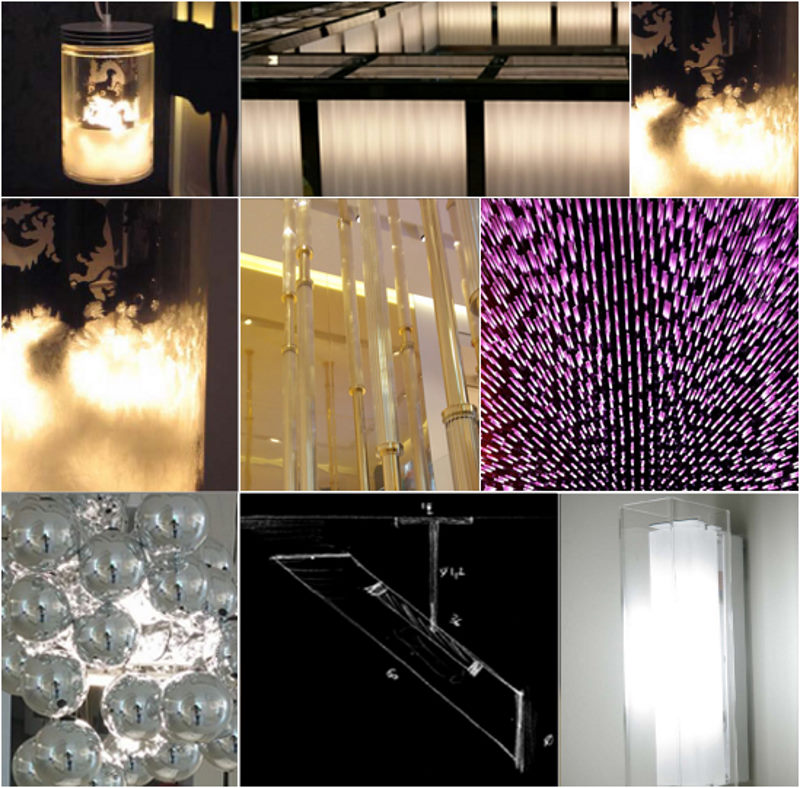
Vetropedia
Mainly used as safety glass for sight glasses and lamps and can withstand temperatures up to 150°C.
Sold in sheets or discs of various sizes depending on customer requirements, and various types of grinding are possible. This glass can also be sandblasted, silk-screen printed, ground to have a polished edge, and provided in extra clear format.
As a result of the toughening process, if it breaks it smashes into small pieces.
TECHNICAL DETAILS:- Tensile strength on expansion/contractionN/mmˉ²: 160
- Coefficient of thermal expansion (20-300°C): 9.5 x 10ˉ⁶ x Kˉ¹
- Resistance to acid in accordance with DIN12116:I
- Resistance to alkalis in accordance with DIN52322:I
- Hydrolytic resistance in accordance with DIN12111:IV
- Thermal shock in accordance with DIN52323: 120°C
- Maximum working temperature: 150°C
- Normal working temperature: 130°C.
This glass is especially suitable for use in boilers, electric ovens, sight glasses, as safety glass for special machinery, valves, and components for chemical and food systems due to its high resistance to temperatures that reach 490°C for sheets and discs and 500°C for tubing.
Can be provided as discs, sheets or tubes in different sizes and thicknesses depending on customer requirements.
Borosilicate glass is also suitable for use in a variety of procedures such as:- sandblasting
- grinding
- silk-screen printing
- bending
- milling
It can withstand temperature variations of 130°C and can be fire-polished to increase its resistance.
Borosilicate glass with minimum tolerance levels.
A minimum tolerance of 0.002 can be reached with COLD PROCESSING in tubes that range from Ø 2 mm to Ø 415 mm.
A minimum tolerance of 0.003 can be reached with HOT PROCESSING in tubes that range from Ø 0.15 mm to Ø 240 mm.
TECHNICAL DETAILS:
- Maximum temperature 490-500°C
- Resistance to acids in accordance with ISO 1776: Class 1
- Resistance to alkalis in accordance with ISO 695: Class 2
- Hydrolytic resistance in accordance with ISOR 719: Class 1
- Thermal expansion (20-300°C) 3.25 x 10ˉ⁶ x Kˉ¹, ISO 3585.
As a result of its low coefficient of expansion this type of glass can withstand temperatures up to 800°C with variations up to 700°C. It is therefore ideal as safety glass for fireplaces, heaters and ovens that reach high temperatures.
Shape and size can vary depending on customer requirements; this type of glass can only be provided flat.
